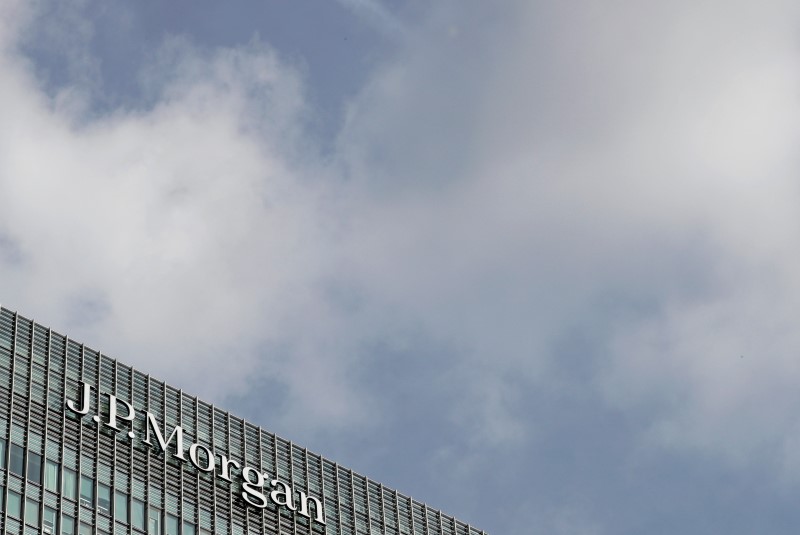SoFi CEO enters prepaid forward contract on 1.5 million shares
Investing.com – JPMorgan has lowered its base-case year-end S&P 500 target to 5,200 and introduced a new downside scenario of 4,000, citing mounting recession risks and the shock impact of U.S. President Donald Trump’s sweeping tariffs.
The S&P 500 traded below JPMorgan’s previous downside target of 5,200 on Friday, while futures dropped another ~120 points in Monday premarket trade, marking one of the sharpest three-day market drops in history.
"Given the speed of the market collapse, the widespread panic and the unwind in equity positioning… the odds for a tactical squeeze are high—especially if there are any positive headlines,” strategists led by Dubravko Lakos-Bujas wrote.
JPMorgan now expects a U.S. recession if the current tariff structure remains in place. Its economics team projects a full-year GDP contraction of 0.3% in 2025 and unemployment rising to 5.3%.
The renowned Wall Street bank sees the shock from “Liberation Day”—Trump’s announcement of universal and reciprocal tariffs—raising the average effective tariff rate from 3% to 19%, equivalent to a 2.4% of GDP tax hike, the largest since 1968.
Along these lines, JPMorgan outlines three scenarios for the S&P 500:
– Bear case: 4,000, assuming no tariff relief;
– Base case: 5,200, with partial relief;
– Bull case: 5,800.
Lakos-Bujas warns that earnings downgrades could mimic a typical recession, with forward guidance vulnerable to further downside.
“This macroeconomic shock could result in a recession this year with the Fed responding with five cuts by January 2026,” they wrote, adding that much of the $600 billion tariff burden is likely to be absorbed by corporates, impacting margins and demand.
JPMorgan also noted that investor sentiment has sharply deteriorated, with volatility surging, momentum factors collapsing, and signs of widespread de-risking across equity markets.
"The fate of the equity market is essentially in the hands of one individual who can unilaterally ease or deepen this shock," the note stated.
While the so-called “Trump Put” appears absent, JPMorgan sees potential de-escalation triggers ahead, including polling shifts, court challenges, or political pressure.
Without a course reversal, the bank warns that risks will continue to accumulate “in a non-linear manner,” creating a feedback loop of falling sentiment, earnings, and activity.
